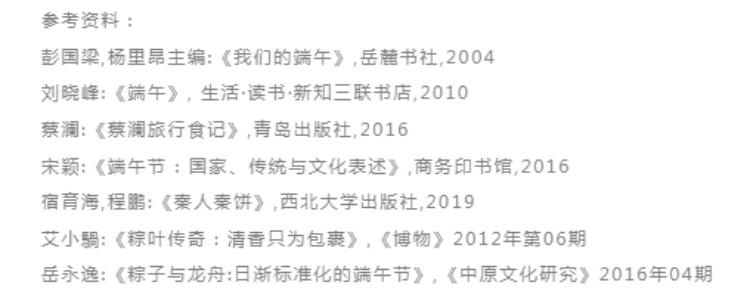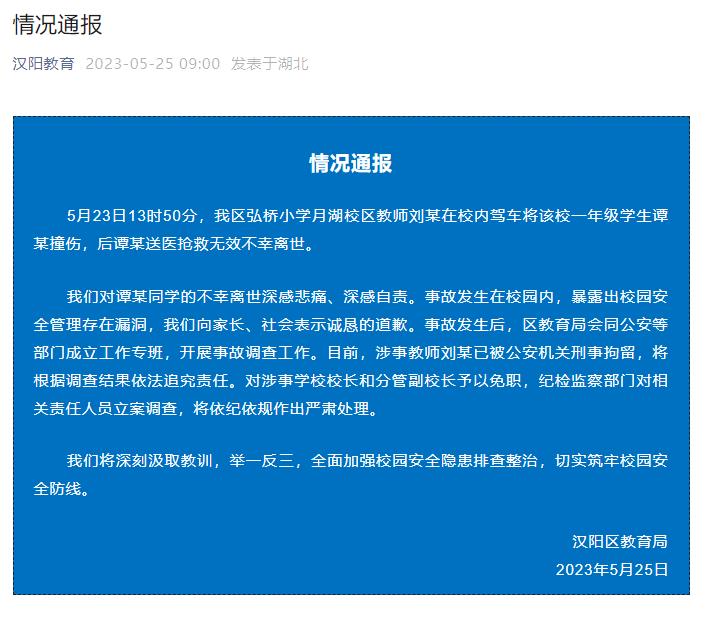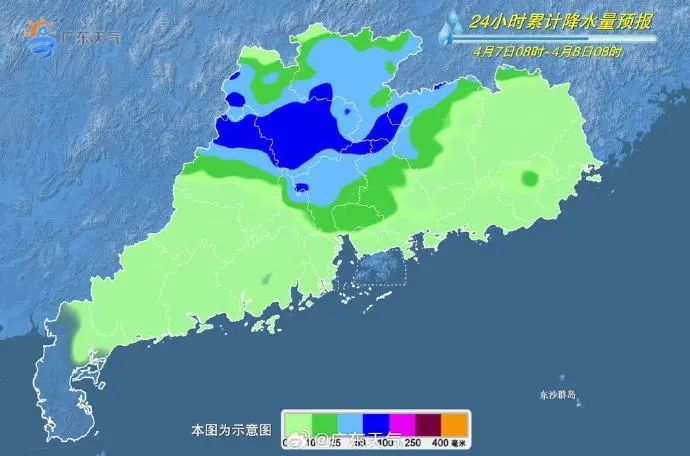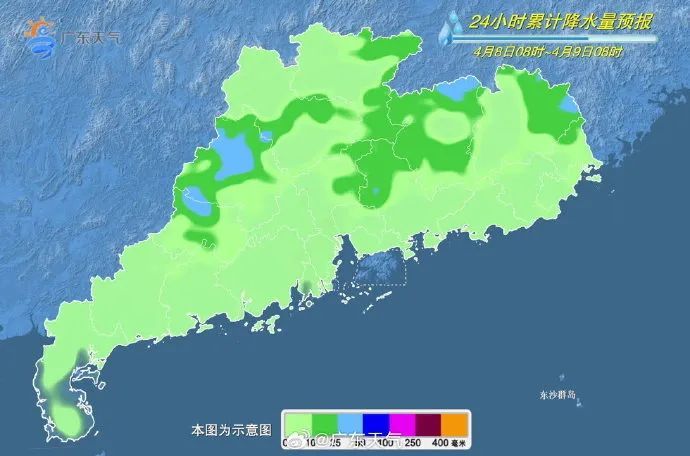It’s the Dragon Boat Festival again. In this festival, which has infiltrated Chinese traditional culture, there are not only the fragrance of zongye and wormwood, but also the excitement of dragon boat racing and duck catching, and the unique romance of Chinese is hidden.
There are different opinions about the origin of the Dragon Boat Festival, such as commemorating meson push and commemorating Wu Zixu, among which the most popular one is commemorating Qu Yuan. "I’m still good at my heart, although I died nine times, I still have no regrets." This is a patriotic poet’s sincere feelings about home and country.

In ancient times, the Dragon Boat Festival was a festival with evil spirits as the main content. On this day, people inserted calamus, drank realgar, held dragon boat races and sacrificed dragon gods, and prayed for evil spirits with grand and warm ceremonies to welcome the summer.
Zongzi is the standard for the Dragon Boat Festival. Meat Zongzi, egg yolk Zongzi and ice Zongzi … Chinese’s love and persistence in traditional food are also reflected in a variety of Zongzi, which is not unique to the romance on the tip of Chinese’s tongue!
The development history of zongzi
Zongzi was first written as "glutinous rice", which refers to the food wrapped with leaves. Most of the rice used at first was millet.
Millet was planted as early as the Neolithic Age, and it is sticky, also known as yellow millet. It can often be found in the farming sites of old ancestors, and there are also many poems about "plenty of millet in good years" in the Book of Songs.
In the pre-Qin period, zongzi in the north was also called "horn millet", which was made according to the shape of the horn. People wrap millet with leaves to represent cultivated cattle.

The Book of Songs describes the "Good Sacrifice" of Zhou Tianzi after the autumn harvest, in which there is a description of "killing a hen and slapping its horns". Because in the Western Zhou Dynasty, cattle were one of the highest-level sacrifices, which were used to worship the earth gods and the valley gods and to bless the agricultural harvest, and it was impossible to slaughter cattle on a large scale, so "horn millet" became a substitute.
This shows that Zongzi was originally a sacrificial object, which existed long before the birth of the great Chu poet. Perhaps Qu Yuan had eaten Zongzi before his death.
During the Southern and Northern Dynasties, southerners bundled the Dragon Boat Festival and Zongzi with Qu Yuan, and wrapped them into tubular Zongzi with neem leaves and colored silk, which was said to exorcise evil spirits, to pay homage to Qu Yuan, further enriching the cultural connotation of Zongzi.
Qu Yuan, as a model of justice and loyalty, has been worshipped by Chinese people who have been living abroad since the May 4th chaos.

In the Sui and Tang Dynasties, the north and the south were reunited, and the tradition of the Dragon Boat Festival was basically formed. Since then, making zongzi and eating zongzi have become the most representative customs of the Dragon Boat Festival.
Delicious people in the Tang dynasty spent a lot of "kung fu" on studying zongzi. They gradually replaced the millet with glutinous rice, making the taste of zongzi more delicate and soft, no longer just a holiday offering, but also a kind of food. They also invented Jiuzi Zongzi, which is gorgeous in appearance, and "Give Fei Xiang Zongzi" in the famous dinner party in history.
"Give Fei Xiang Zong" is made of glutinous rice mixed with spices extracted from red fragrant flowers. It is eaten on a fashion plate and topped with honey. This thing is particularly expensive, and it is a famous product at the official banquet. Therefore, according to its color, it is called "Give Fei", which is the scarlet (red) given by the emperor to the minister.
It has been verified that the honey-cooled zongzi in Xi ‘an now evolved from the "fragrant zongzi" in the Tang Dynasty. The two methods are similar, but they lack the red spice symbolizing power compared with "giving Fei and containing incense".

Since then, the tradition of making zongzi during the Dragon Boat Festival has been preserved. From the imperial palace to the folk, people not only eat zongzi, but also give it to each other as holiday food.
This tradition has never changed so far. Before and after the Dragon Boat Festival, it is the season to eat zongzi, whether it is wrapped by yourself or given by relatives and friends, and it is always eaten.
The "Sweet and Salty War" of Zongzi
A few years ago, Jiaxing, Zhejiang Province opened the first Zongzi Culture Museum in China to show the origin of Jiaxing Zongzi and the historical context of local time-honored brands.
On the land of China, Jiaxing Zongzi is a school of its own, which is famous for its moderate saltiness and sweetness. Among them, fresh meat Zongzi is the best, and the best pork hind legs and glutinous rice are selected as stuffing, which is oily but not greasy and has a unique flavor.
Jiaxing and Huzhou have been rice-growing areas since ancient times, and the local people are experts in making zongzi, and the food they make is exquisite and delicate. Zhou Zuoren, Lu Xun’s younger brother, a well-known "foodie", wrote: "There are two commonly used words on the dim sum signboard, which I want to borrow and use here. It seems to be appropriate. The north can be called’ official tea food’ and the south is’ Jiahu fine point’ …"
Speaking of North and South Zongzi, I have to mention the "sweet and salty war" that happens every year. The "sweet party" loves the sweet dumplings sweeter than the first love, while the "salty party" only loves the salty dumplings with rich fillings.

The stuffing materials of sweet dumplings are varied, including common bean paste, red dates, candied fruit, etc., as well as roses, osmanthus, kumquat and other flowers and fruits.
Most of the dumplings in Beijing are stuffed with red dates and red bean paste, and a few of them are stuffed with preserved fruit. Suzhou Zongzi is the most representative sweet zongzi in Jiangnan area. Red bean paste, jujube paste and lard are mixed into glutinous rice, and the cooked four-corner zongzi is sweet and delicious.
However, Suzhou people are not only "sweet parties", but also like to eat salty zongzi.

The appearance time of salty rice dumplings is roughly the same as that of sweet rice dumplings. Generally, meat and other ingredients are added, and the taste is salty.
Yuan Mei, a gourmet in Qing Dynasty, was a well-known "salty party". He loved zongzi and invented ham zongzi while writing elegantly. That is, with high-quality glutinous rice, it is first wrapped with bamboo leaves, and then a large piece of fat ham is put in the middle, and then the pot is sealed and simmered. Day and night, the firewood is constantly paid. When the Ruoye was uncovered again, the meat and rice had become one, and the taste was greasy.
Nowadays, most salted zongzi in Jiangsu, Zhejiang and Lingnan are filled with pickled pork, and a few are filled with ingredients such as egg yolk, bacon, barbecued pork and roast chicken.

In addition to the "sweet and salty war", there are many differences in zongye between the north and the south.
Indocalamus, reed, plantain, lotus and even corn leaves, the leaves of all kinds of plants are transformed into "golden green leaves" by virtue of their unique fragrance, which is the only supporting role of "Zongzi Festival" and shows their magical powers in all parts of the country.
The most common zongye in South China is Ruoye. Indocalamus is a shrub-like bamboo plant with large and wide leaves, which mostly grows in southern areas such as Hunan, Jiangxi, Zhejiang and Fujian.

Southerners use bamboo leaves to wrap zongzi. Generally, they first "bake the leaves" to dehydrate them, which is convenient for storage, and they are as green as new, and the aroma is not reduced. In this way, the fragrant leaves become the golden partner of zongzi stuffing.

People in tropical areas find that banana leaves can also be used to make zongzi, which is common among ethnic minorities in Yunnan. Compared with other zongzi leaves, banana leaves are a "big MAC", which often needs to be cut into suitable sizes, and it is difficult to package the classic "triangular zongzi".
In some areas in the north, reed leaves are used as zongzi leaves. Reed is born in rivers and lakes, but its leaves are not flexible, so novices may be exposed when wrapping zongzi with reed leaves.

The meaning of Dragon Boat Festival
Many years after Quyuan threw himself into the river, the Dragon Boat Festival not only became an inseparable CP with Zongzi for thousands of years, but also became a common festival of more than 20 nationalities including Manchu, Mongolian, Miao and Yi, and even went abroad and spread to Japan, Vietnam, Singapore and other Asian countries.
But the Dragon Boat Festival was not just to commemorate Qu Yuan at first.
Dragon Boat Festival is one of the traditional festivals with the most nicknames, also known as Duanwu, Chongwu, Duanyang, Mayday and Tianzhong Festival. The fifth month of the lunar calendar was considered as an "evil month" by the ancients, and the fifth day (that is, the fifth day of May) was even worse, which was taboo for the people and actually had certain scientific basis.
May of the lunar calendar is the season of climate change between spring and summer. There are many droughts in the north, and the rainy season in the south. The climate is hot and humid, and insects and moths flourish, which is easy to infect people with plague. In ancient times when medicine was underdeveloped, people were inevitably frightened.

As a result, the Dragon Boat Festival has also become a festival to collect medicine to get rid of diseases, ward off evil spirits and drive away plague, and it has entrusted the blessings of the ancients to pray for well-being. Except for Zongzi, most of the other Dragon Boat Festival customs have inherited the simple and beautiful wishes of their ancestors.
On the Dragon Boat Festival, in some places, people will hang and wear wormwood. Both wormwood and calamus have the functions of refreshing, inducing resuscitation and repelling mosquitoes. It is rainy and humid in May, and wormwood and calamus strongly volatilize odor, which can just eliminate odor, clean air and prevent bacteria from breeding.

In some places, people drink realgar wine. Realgar, also known as Jiguanshi, is actually a kind of traditional Chinese medicine, which has the efficacy of sterilization, analgesia, disinfection and itching relief when used in moderation, and it is also the secret weapon of the ancients to kill insects and germs.
Even the dragon boat race is related to the evil month to eliminate epidemics and disasters. In some places, dragon boat activities are "sending plague boats". For example, in Guangdong, Hubei and other places in the Qing Dynasty, it was once said that "grass is the dragon and paper is the boat". After carrying the dragon boat through the streets, it was burned to pray for health.

So far, the Dragon Boat Festival customs in Zigui, Hubei, Miluo, Hubei, Huangshi and Suzhou, Jiangsu and other places have been successfully declared as "representative lists of human intangible cultural heritage" by UNESCO.
Although the Dragon Boat Festival in the three provinces and four places has its own characteristics, even the historical celebrities who commemorate it are different, they all give the Dragon Boat Festival a heavier cultural symbol and represent the spiritual totem of the Chinese nation.

Chu people commemorated Qu Yuan on the Dragon Boat Festival, sympathizing with the poets and being loyal to their country. "The whole world is turbid and I am alone, and everyone is drunk and I wake up alone." When Chu was teetering under the threat of Qiang Qin, Qu Yuan threw himself into the Miluo River, taking his own death as the final admonition, awakening the Chu people’s heart of resistance.
The dragon boat race on the water in Hunan is to salvage Qu Yuan. After the salvage failed, people dispersed the fish in the river to prevent them from hurting Qu Yuan’s body and let the poet rest in peace.
The Wu people commemorated Wu Zixu on the Dragon Boat Festival, lamenting that he was suspected by the king after helping the State of Wu dominate. When Wu Zixu was given death by Fu Cha, the king of Wu, he left his last words, saying that he would hang his head in Chengtou and watch the destruction of Wu with his own eyes. Fu Cha was furious when he learned that, and ordered his body to be thrown into the river.
Later generations regarded Wu Zixu as the Tao God. In the Eastern Han Dynasty, Cao E, a filial daughter, cried day and night along the river to save her father who drowned in the Tao. God Xiang Tao prayed, and later she came to the river.
That day, it was May 5th.

The Dragon Boat Festival was originally an "evil day", but it was endowed with awe-inspiring righteousness. Under the oppressive environment of War of Resistance against Japanese Aggression period, the Dragon Boat Festival was reconstructed.
Every Dragon Boat Festival, including Guo Moruo, Wen Yiduo, Lao She and others, most of the literati at that time thought of Qu Yuan, who was grieving and indignant, and pushed the image of Qu Yuan’s martyrdom to the peak of patriotism. Under the special background of the times, it also plays a role in boosting morale.
In the face of the crisis of national subjugation, Professor The National SouthWest Associated University Wen Yiduo shouted: "If we want the festival to exist, we must give it a meaning that our times need."
The Dragon Boat Festival has truly become a festival representing Qu Yuan, symbolizing the orthodoxy, moral sense and sense of justice of China culture.

Image source: vision china

![]()































